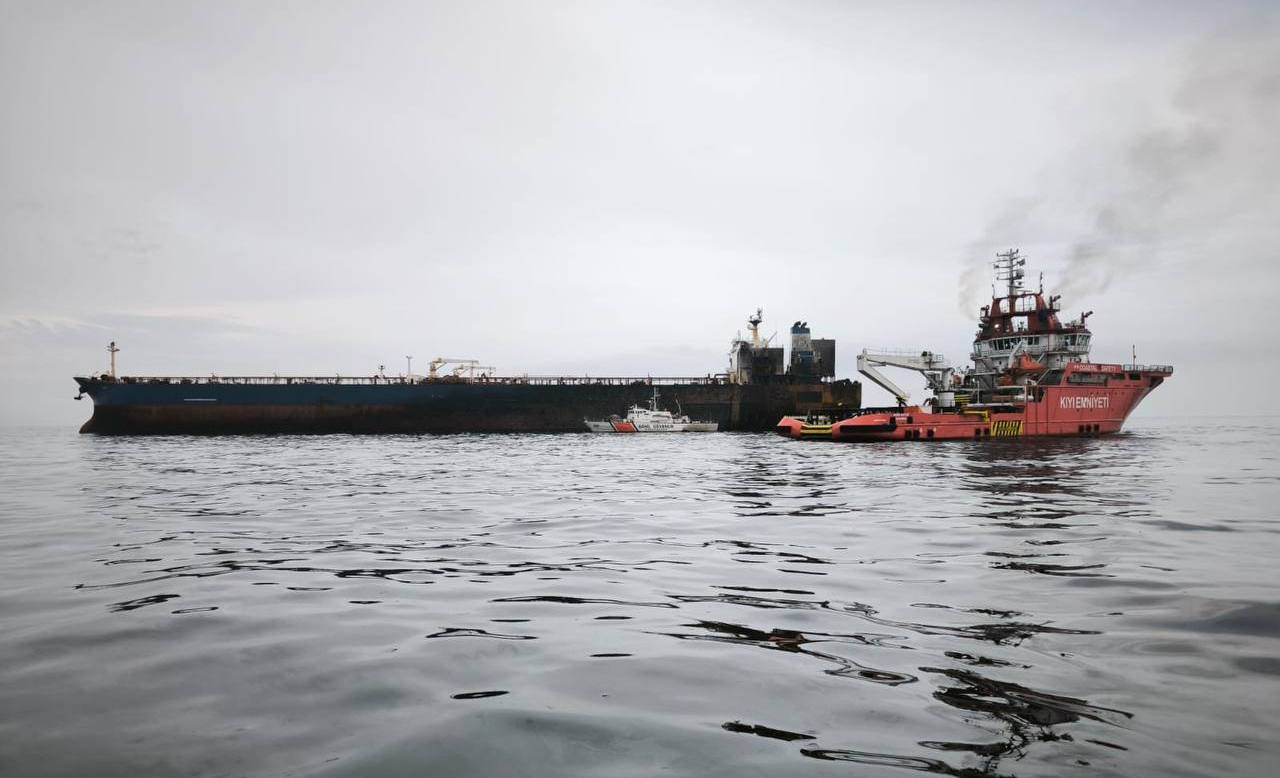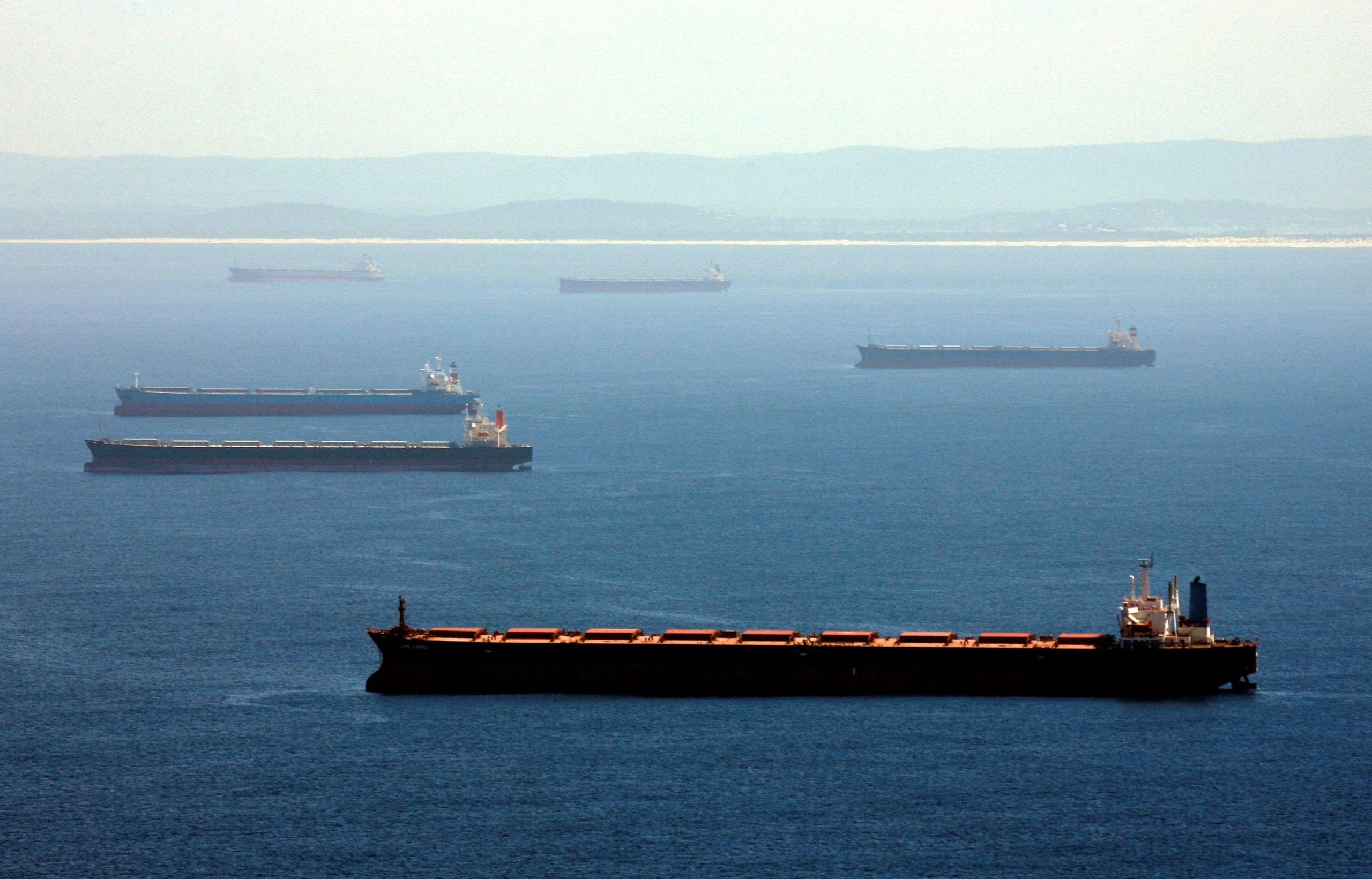ConocoPhillips CEO Ryan Lance
ConocoPhillips’ CEO Ryan Lance was quite clear in his presentation today at the Center for International and Strategic Studies (CSIS) that lifting the United States’ ban on crude oil exports would be an extraordinarily positive thing, both for his company and the United States.
With operations in 27 countries and about $55 billion in annual revenue, ConocoPhillips reacts with the ebb and flow of the global oil market, but with barriers in place such as the 1975 Energy Policy and Conservation Act which bans the export of crude oil from the U.S., the global oil machine is artificially de-tuned and its performance is hindered.
There’s no doubt that if the global oil market were completely free and open, ConocoPhillips and indeed the U.S. would stand to make a ton of money. IHS estimates the U.S. would gain $135 billion in GDP and 1 million new jobs, plus collect $1.3 trillion in tax revenues and royalties between 2016 and 2030.
“The U.S. energy situation has improved significantly since the ban was put in place,” Lance notes in his presentation. “Government should recognize the new reality of the renaissance that has transformed North America from energy scarcity to abundance, and enable the industry to keep it going. We have just scratched the surface of its potential, and can help ensure that the renaissance continues as an engine of long-term economic growth by exporting our excess crude oil into the world market. Thanks to our new energy abundance, domestic refiners would still have all the oil they need, and would still enjoy a competitive advantage over foreign refiners.”
For U.S. mariners that are worried about crude oil being sent overseas to be refined then delivered back to the U.S. and completely bypassing the protections afforded by the Jones Act, Mr. Lance suggests that only extra oil that can’t be economically processed in the U.S would be exported, effectively protecting U.S. refineries in business and thus the jobs U.S. mariners depend on to move this oil from ports along the coast.
Developments that may affect deep sea shipping are perhaps more of a long term consideration, but for the thousands of folks who, due to capital expenditure cutbacks from oil majors, have recently lost their jobs in the North Sea, Norwegian continental shelf and the Gulf of Mexico, Lance notes that the offshore sector is evaluated just like any other opportunity in their diverse portfolio. Offshore projects however, are much longer term investments as compared to land-based exploration and production projects. With $100 million or more being invested into a single well, or upwards of 5 billion on a major offshore development, these projects are also risker, but the payoff can result in fields that produce for up to 50 years or longer depending on production technology.
The low hanging fruit may be land wells in the Bakken and Eagle Ford for example, however a diverse portfolio includes the offshore sector, one that Lance says his company is looking hard at from an expenditure standpoint. With oil prices down, there is less funds available from an investment standpoint and the scrutiny is tight.
“Projects that are in execution today, you have to finish those,” Lance notes, however, projects that aren’t into execution which can be delayed for a year or two while are getting a hard look right now by ConocoPhillips and their competitors.
Is opening the flood gates of crude oil from the U.S. the right answer? In my opinion, it seems like a smart thing to do. Taking advantage of the massive hydrocarbon resources that exist in the U.S. will help spur greater domestic investment across the board strengthening not only our economy but also U.S. energy security. Plans need to be put in place to ensure U.S. refiners don’t get burned in the process and that investment into U.S. refining capacity is encouraged which will lead to a more robust Jones Act tanker trade – and thus jobs for U.S. seafarers and shipyards.
What do you think? Is opening U.S. crude for export the right answer? Comment in the gCaptain Forum HERE.

 Join The Club
Join The Club











